Home>Garden Essentials>What To Do If Dog Eats Bird Seed
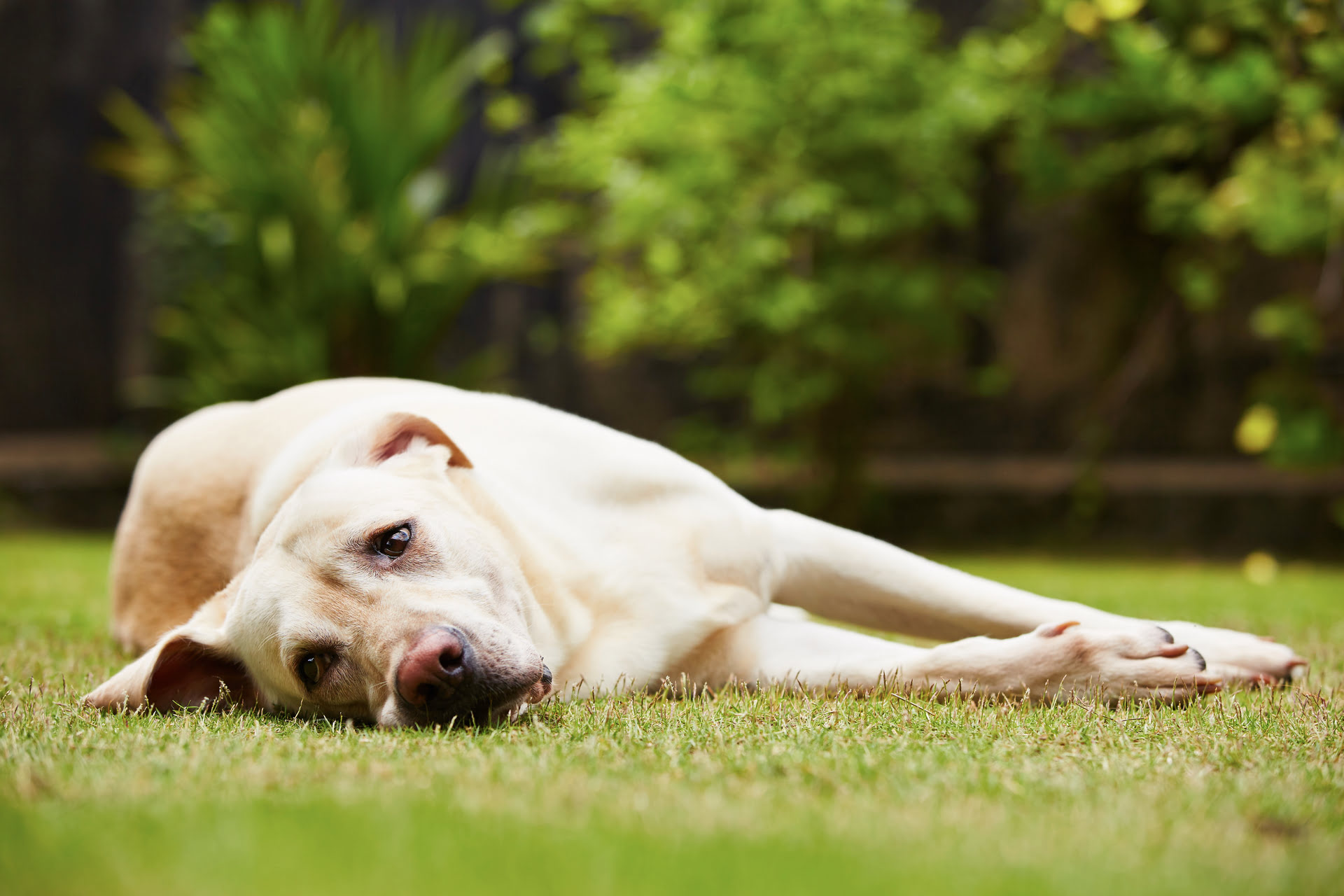

Garden Essentials
What To Do If Dog Eats Bird Seed
Modified: March 16, 2024
Discover what to do if your dog eats bird seed in the garden and how to keep your furry friend safe from potential harm.
(Many of the links in this article redirect to a specific reviewed product. Your purchase of these products through affiliate links helps to generate commission for Storables.com, at no extra cost. Learn more)
Introduction
Welcome to our comprehensive guide on what to do if your dog eats bird seed. Many dog owners enjoy having backyard bird feeders to attract a variety of beautiful winged visitors. However, it’s important to be aware that bird seed can pose a potential health risk to our furry friends.
While bird seed itself may seem harmless, it can contain various ingredients that may be harmful or even toxic to dogs when ingested in large quantities. This article will provide you with a detailed understanding of the dangers of bird seed for dogs, signs and symptoms to watch out for, immediate steps to take in case of ingestion, and preventive measures to keep your dog safe from bird seed consumption.
It’s essential to remember that every dog is unique, and their reaction to consuming bird seed may vary. If you suspect your dog has ingested bird seed or is displaying any unusual symptoms, consulting with a veterinarian is always recommended for professional guidance and advice.
Now, let’s explore further to understand the potential risks associated with bird seed ingestion and how to take appropriate action to protect your beloved canine companion.
Key Takeaways:
- Keep bird seed out of reach to protect your dog from potential health risks like pancreatitis and gastrointestinal blockages. Regular clean-up and supervision can help prevent ingestion.
- If your dog eats bird seed, consult a vet for accurate diagnosis and guidance. Implement preventive measures like securing feeders and training to keep your dog safe.
Read more: What Birds Eat Seeds
Understanding the Dangers of Bird Seed for Dogs
While bird seed may seem like a harmless snack, it can actually be quite dangerous for our canine friends. Bird seed often contains a variety of seeds, nuts, and dried fruits that are intended to attract birds. These ingredients, while safe for birds, can pose a risk to dogs due to various reasons.
One of the main concerns with bird seed is that it can be high in fat content. Dogs have different dietary needs compared to birds, and consuming excessive amounts of fat can lead to pancreatitis, a condition characterized by inflammation of the pancreas. Pancreatitis can cause symptoms such as abdominal pain, vomiting, and diarrhea in dogs.
Additionally, bird seed may contain certain seeds, such as sunflower seeds or nuts like almonds and walnuts, which can be difficult for dogs to digest. Ingesting these seeds and nuts can potentially lead to gastrointestinal obstructions or blockages, which may require surgical intervention to remove.
Some bird seed mixes also contain dried fruits, such as raisins or currants, which are toxic to dogs. Ingesting even small amounts of these fruits can cause kidney damage or failure in dogs, leading to serious health complications.
It’s important to note that the dangers associated with bird seed consumption increase with the quantity ingested. While the occasional nibble may not cause severe harm, dogs that consume large amounts of bird seed are at higher risk of experiencing adverse effects.
To ensure the well-being of your furry friend, it’s essential to be aware of the potential dangers posed by bird seed and take appropriate measures to prevent access to it. This includes keeping bird feeders in areas that are inaccessible to your dog and promptly cleaning up any spilled or scattered bird seed.
Now that we’ve discussed the risks, let’s move on to identifying the signs and symptoms that may indicate your dog has ingested bird seed.
Signs and Symptoms of Bird Seed Ingestion in Dogs
When a dog ingests bird seed, it can lead to various signs and symptoms that may indicate a potential issue. If you suspect your dog has consumed bird seed, it’s important to be vigilant and watch for any unusual behaviors or physical changes. Here are some common signs and symptoms of bird seed ingestion in dogs:
- Gastrointestinal Issues: Dogs that have ingested bird seed may experience digestive upset such as vomiting, diarrhea, or constipation. These symptoms can range from mild to severe, depending on the quantity consumed and the dog’s sensitivity to the ingredients in the bird seed.
- Abdominal Discomfort: Your dog may display signs of abdominal pain or discomfort, such as restlessness, pacing, or a hunched posture. If your dog appears restless or is continuously trying to find a comfortable position, it could be a sign of gastrointestinal distress caused by the bird seed.
- Loss of Appetite: Bird seed ingestion can lead to a loss of appetite in dogs. If your dog suddenly becomes uninterested in food or avoids eating altogether, it may be an indication that something is not right.
- Lethargy and Weakness: If your dog seems unusually tired, weak, or lacks energy after consuming bird seed, it could be a sign that their body is reacting negatively to the ingredients. Keep a close eye on their activity levels and overall demeanor.
- Excessive Thirst and Urination: Some dogs may develop increased thirst and urination after consuming bird seed. This could be a result of the dog’s body trying to flush out toxins or an indication of an underlying issue caused by the bird seed ingredients.
- Allergic Reactions: Just like humans, dogs can also have allergies. If your dog has a known allergy to certain ingredients in bird seed, such as nuts or dried fruits, they may experience symptoms such as itching, redness, swelling, or difficulty breathing. It’s crucial to seek immediate veterinary care if you suspect an allergic reaction.
It’s important to note that these signs and symptoms can also be related to other health issues. Therefore, it’s essential to consult with a veterinarian for an accurate diagnosis and proper treatment plan. Remember, early detection and intervention can greatly contribute to your dog’s overall well-being.
After recognizing the signs and symptoms, let’s move on to the immediate steps you should take if you suspect your dog has ingested bird seed.
Immediate Steps to Take
If you suspect that your dog has ingested bird seed, it’s crucial to take immediate action to ensure their health and well-being. Here are some steps to follow:
- Assess the Situation: Start by assessing the situation and determining the amount of bird seed your dog has consumed. This will help you gauge the potential risks and provide vital information to your veterinarian.
- Contact Your Veterinarian: It’s important to contact your veterinarian as soon as possible. They will be able to provide specific guidance based on your dog’s size, breed, and the amount of bird seed ingested. Follow their instructions carefully and be prepared to provide any necessary information about the bird seed mix.
- Do Not Induce Vomiting: While inducing vomiting may be recommended for certain types of poisonings, it’s not always advised for bird seed ingestion. Seeds and nuts can pose a choking hazard or cause further damage if they become lodged in the throat or esophagus. Therefore, it’s best to consult with your veterinarian before attempting to induce vomiting.
- Observe Your Dog: Keep a close eye on your dog’s behavior and monitor for any changes or worsening symptoms. If possible, try to determine if your dog has vomited or passed any bird seed in their stool. This information can be helpful for your veterinarian in assessing the situation.
- Provide Water: Offer your dog fresh, clean water to prevent dehydration, especially if they have experienced vomiting or diarrhea. However, do not force your dog to drink excessively as it may exacerbate any gastrointestinal upset.
- Follow Veterinary Recommendations: Your veterinarian may advise you to bring your dog in for a physical examination or provide at-home care instructions. Follow their recommendations closely, including any prescribed medications or dietary restrictions.
Remember, every situation is unique, and the immediate steps may vary depending on the severity of the ingestion and your veterinarian’s guidance. Acting promptly and seeking professional advice is crucial in ensuring the best possible outcome for your beloved canine companion.
Next, let’s explore the importance of consulting a veterinarian after your dog has ingested bird seed.
If your dog eats bird seed, monitor for any signs of illness such as vomiting or diarrhea. Contact your veterinarian for advice on whether further action is needed.
Consulting a Veterinarian
When your dog has ingested bird seed, it’s important to seek professional guidance and advice from a veterinarian. Consulting a veterinarian is crucial for several reasons:
Accurate Diagnosis: A veterinarian will be able to assess your dog’s specific situation and provide an accurate diagnosis. They will consider factors such as the type and amount of bird seed ingested, your dog’s size and breed, and any existing health conditions or allergies. This information is essential in determining the best course of action.
Medical Intervention: In some cases, immediate medical intervention may be necessary. Depending on your dog’s symptoms and the severity of the ingestion, the veterinarian may recommend treatments such as administering activated charcoal to absorb any toxins, providing intravenous fluids to address dehydration, or initiating supportive care to manage gastrointestinal distress.
Prevent Complications: By consulting a veterinarian, you can help prevent potential complications or long-term effects caused by bird seed ingestion. Promptly addressing the issue can minimize the risks of gastrointestinal obstruction, pancreatitis, kidney damage, or other adverse effects that can result from the ingestion of certain bird seed ingredients.
Professional Advice: A veterinarian can provide you with expert advice on how to manage the situation, including instructions for monitoring your dog’s symptoms at home, dietary recommendations, and guidance on when to seek further medical attention. They can also address any concerns or questions you may have, ensuring that you have the support and information needed to care for your dog effectively.
Prevention Strategies: Consulting a veterinarian allows you to discuss preventive measures to avoid future incidents. They can provide recommendations on keeping your dog away from bird feeders, creating safe outdoor environments, and implementing training strategies to deter them from consuming bird seed.
Peace of Mind: Lastly, consulting a veterinarian provides peace of mind for both you and your dog. Knowing that you have sought professional advice and are taking appropriate steps to ensure your dog’s well-being can alleviate anxiety and help you focus on providing the care and support your dog needs.
Remember, each dog and situation is unique, and the advice provided by a veterinarian is tailored to your specific circumstances. Be sure to follow their recommendations closely and maintain open communication throughout the process.
Now, let’s explore some preventive measures you can take to avoid bird seed consumption by dogs.
Read more: What Kind Of Bird Seed Do Robins Eat
Preventive Measures to Avoid Bird Seed Consumption by Dogs
Taking preventive measures is essential to protect your dog from the dangers associated with bird seed ingestion. By implementing these strategies, you can reduce the risk of your dog accessing and consuming bird seed. Here are some preventive measures to consider:
- Secure Bird Feeders: Ensure that your bird feeders are securely hung or placed in areas that are inaccessible to your dog. Consider using pole-mounted or hanging feeders that are positioned high enough that your dog cannot reach them. Additionally, use squirrel baffles or other deterrents to prevent your dog from knocking over or accessing the bird feeder.
- Regular Clean-up: Clean up any spilled or scattered bird seed immediately. Regularly inspect your yard for any stray seeds or shells that may have fallen from the bird feeder. Keeping the area clean will minimize the temptation for your dog to investigate or consume the bird seed.
- Training and Boundaries: Train your dog to have boundaries and not approach the bird feeder. Use positive reinforcement techniques to reinforce good behavior and redirect their attention to appropriate activities. Additionally, consider creating designated play areas for your dog away from the bird feeder to minimize the chances of access.
- Supervision: Supervise your dog when they are outside, especially if you have active bird feeders. Keeping a watchful eye on your dog allows you to intervene if they show any interest in the bird feeder or attempt to consume bird seed. Be proactive in redirecting their attention to toys, activities, or designated play areas.
- Alternative Feeding Stations: To divert your dog’s attention from the bird feeder, provide them with their own designated feeding station or puzzle toys that dispense treats. This will give them a safe and enjoyable outlet for their foraging instincts without the risk of ingesting harmful bird seed.
- Supervise Outdoor Time: If you let your dog roam freely in your backyard, ensure that they are supervised and periodically checked for any potential access to bird seed or other potentially hazardous substances. Regularly inspect your yard and remove any sources of temptation or danger.
By implementing these preventive measures, you can significantly reduce the chances of your dog accessing and ingesting bird seed. Remember to consistently reinforce training and boundaries to ensure the safety of your furry friend.
Now that we’ve covered preventive measures, let’s summarize the important points we’ve discussed in this comprehensive guide.
Conclusion
In conclusion, bird seed can pose potential dangers to dogs if consumed in large quantities. It’s important for dog owners to be aware of the risks associated with bird seed ingestion and take appropriate measures to protect their furry friends. By understanding the dangers, recognizing the signs and symptoms, and taking immediate action, you can help ensure your dog’s well-being.
Consulting a veterinarian is crucial if you suspect your dog has ingested bird seed. Their expertise and guidance will provide accurate diagnosis, necessary medical intervention, and preventive strategies tailored to your dog’s specific situation. Remember, early detection and intervention can make a significant difference in your dog’s outcome.
Prevention is the key to avoiding bird seed consumption by dogs. Secure bird feeders, regularly clean up spilled seeds, and establish training and boundaries to deter your dog from accessing the bird feeder. Supervise outdoor time and provide alternative feeding stations to redirect their attention. By implementing these preventive measures, you can minimize the risks and keep your dog safe.
Always prioritize your dog’s health and well-being. If you have any concerns or doubts, do not hesitate to consult with a veterinarian. Their professional advice and support are invaluable in ensuring the best possible care for your beloved companion.
Remember, a little precaution can go a long way in keeping your dog safe from the potential dangers of bird seed ingestion. With proper awareness, vigilance, and preventive measures, you can enjoy the beauty of backyard bird feeders while keeping your dog healthy and happy.
Thank you for reading our comprehensive guide on what to do if your dog eats bird seed. We hope you found the information informative and helpful. Stay diligent and take proactive steps to safeguard your dog’s well-being.
Frequently Asked Questions about What To Do If Dog Eats Bird Seed
Was this page helpful?
At Storables.com, we guarantee accurate and reliable information. Our content, validated by Expert Board Contributors, is crafted following stringent Editorial Policies. We're committed to providing you with well-researched, expert-backed insights for all your informational needs.
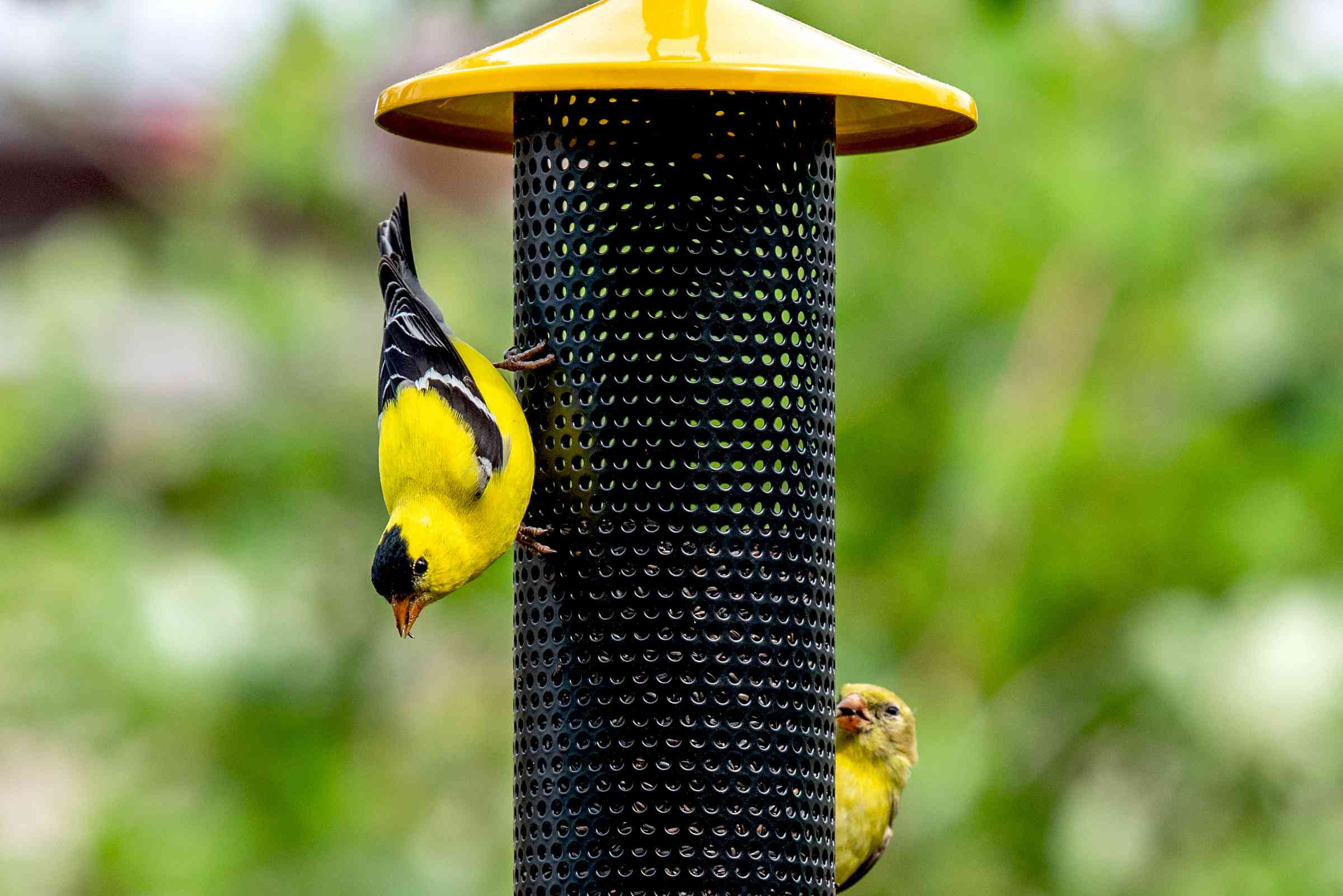
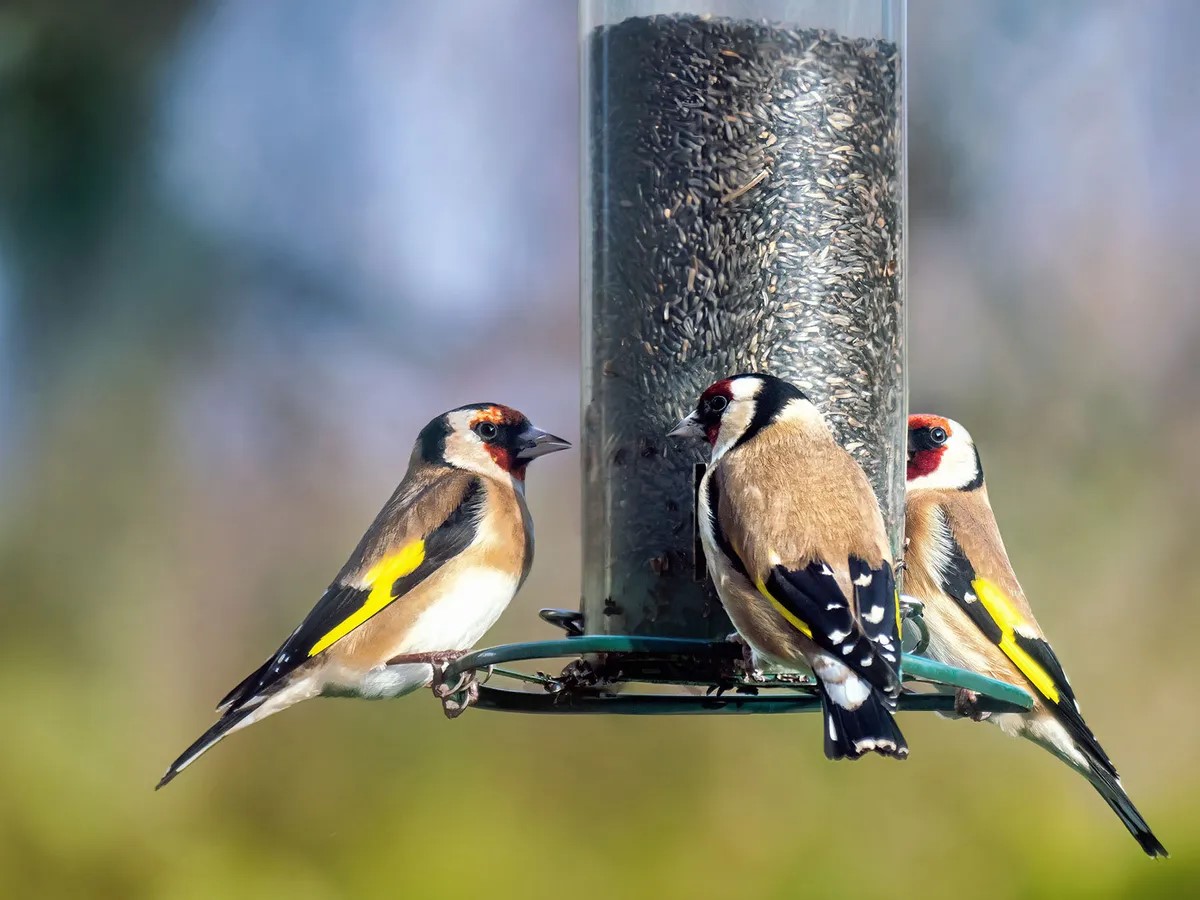
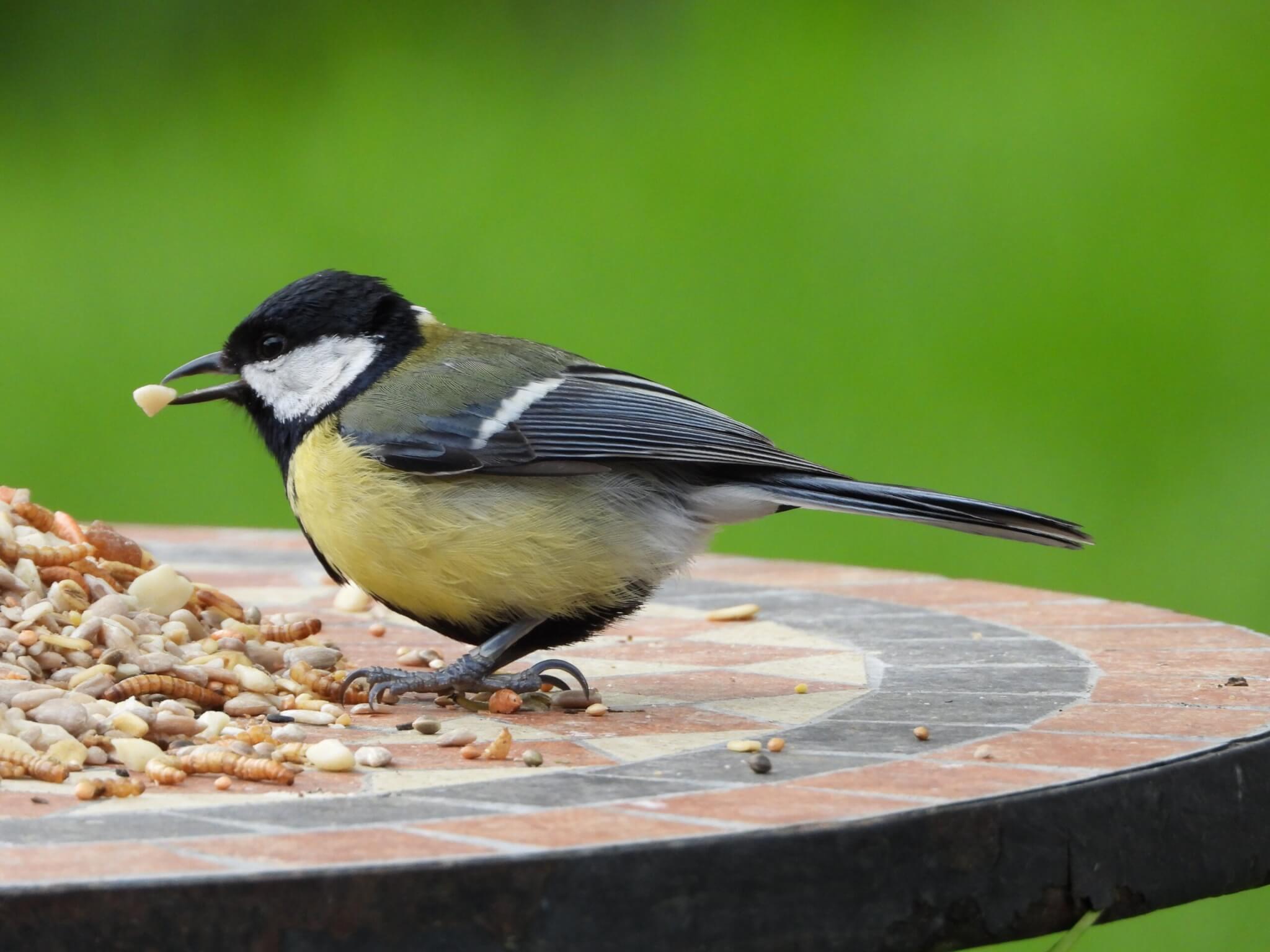
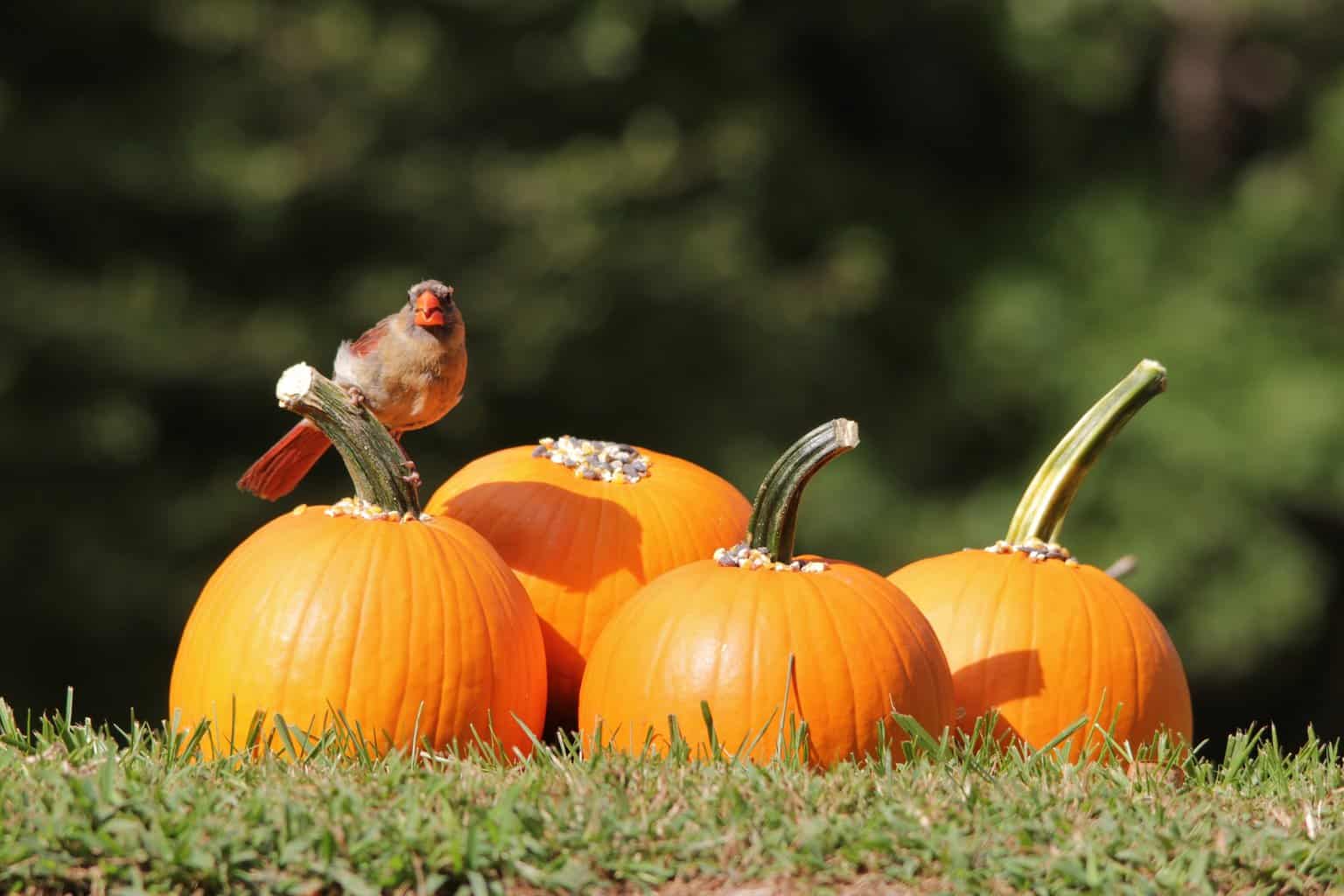
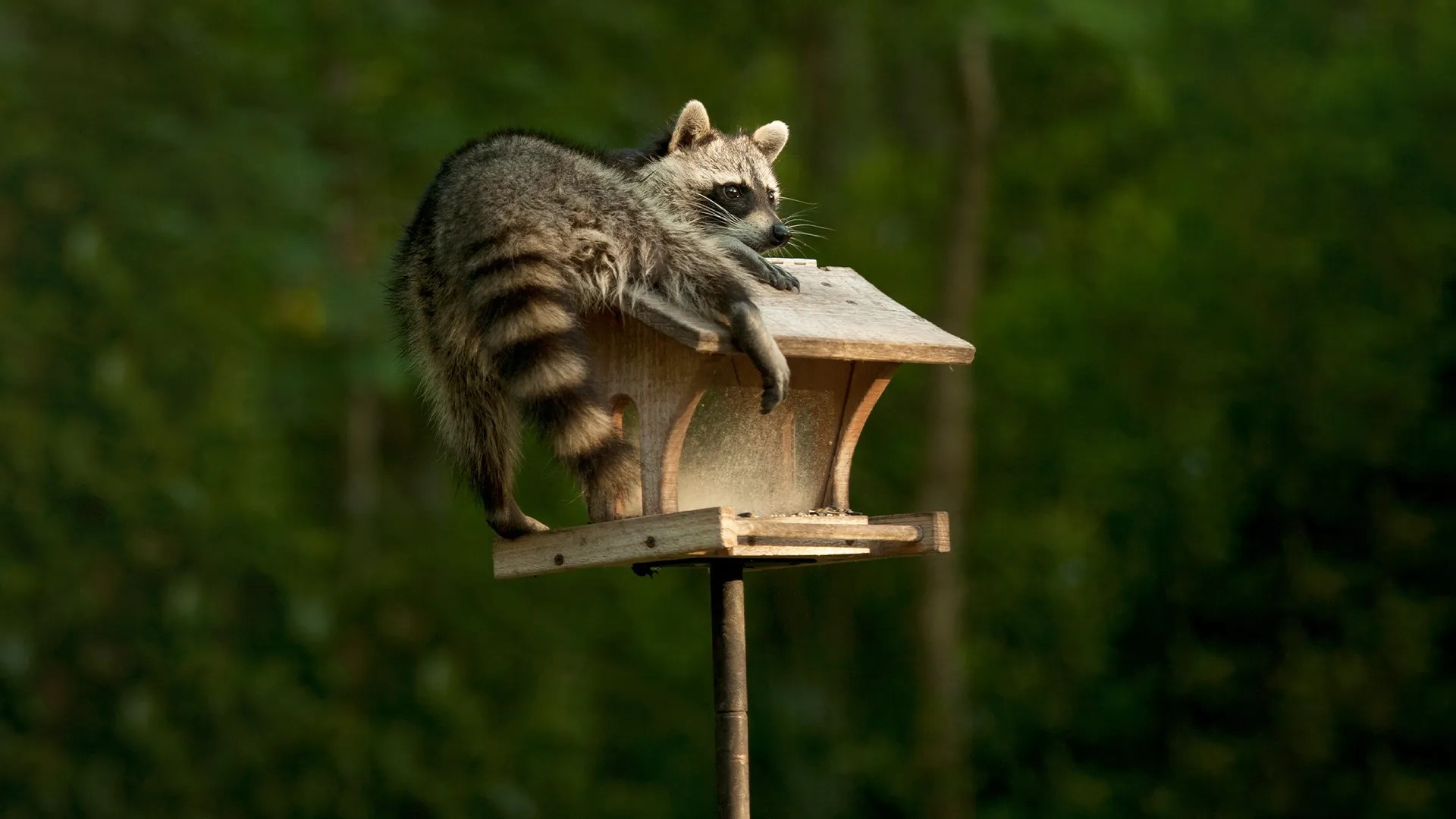
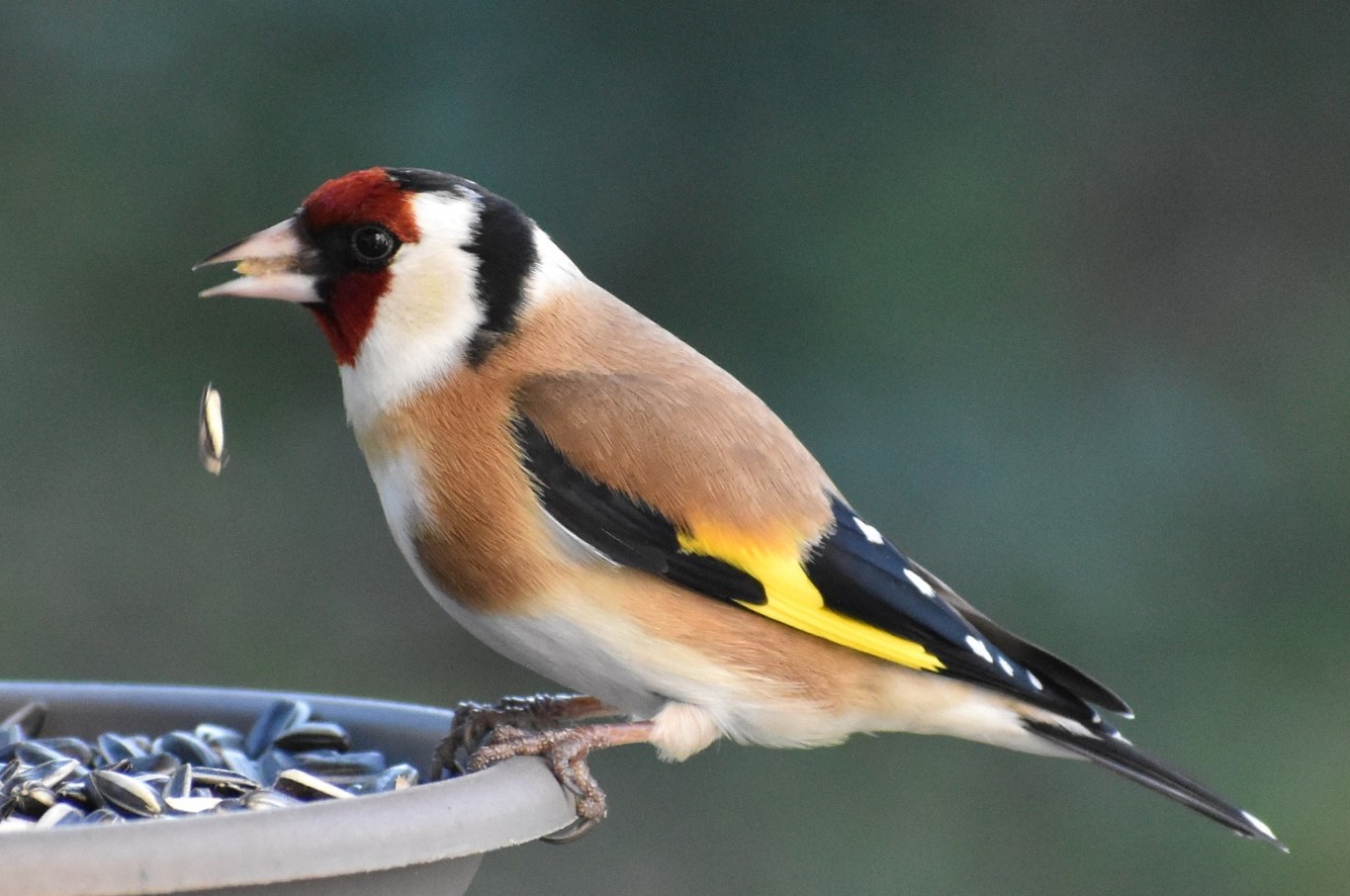
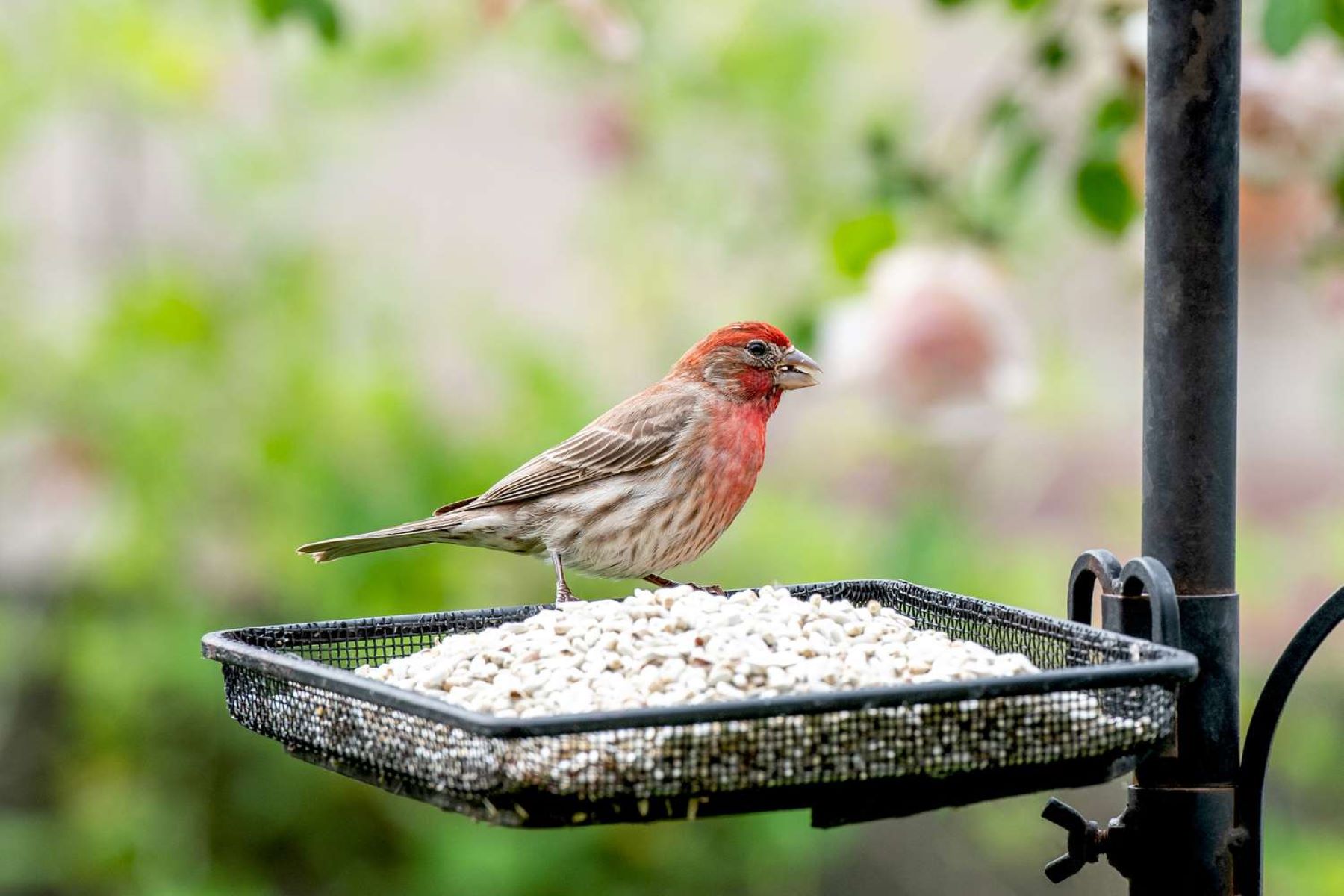
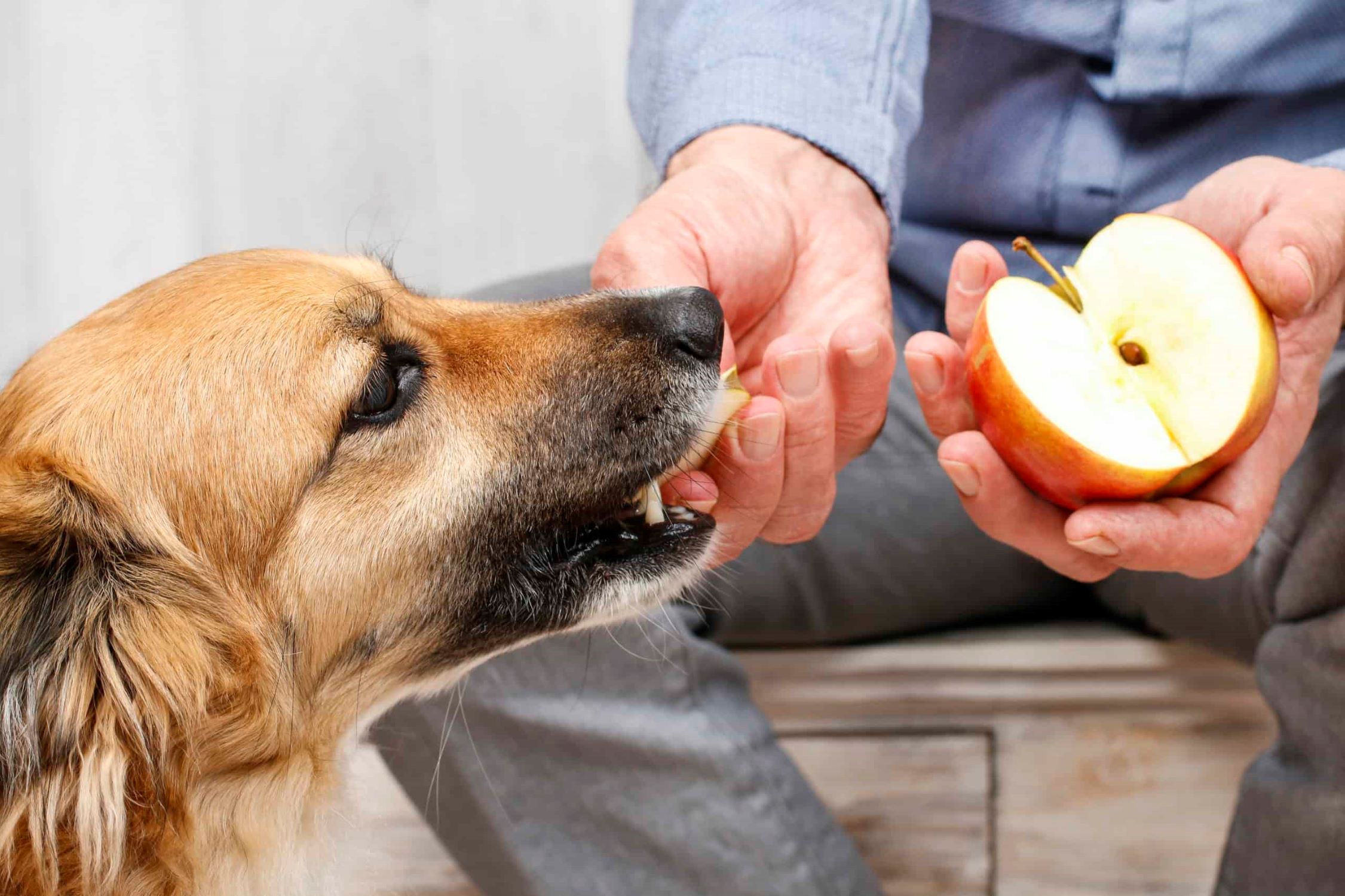
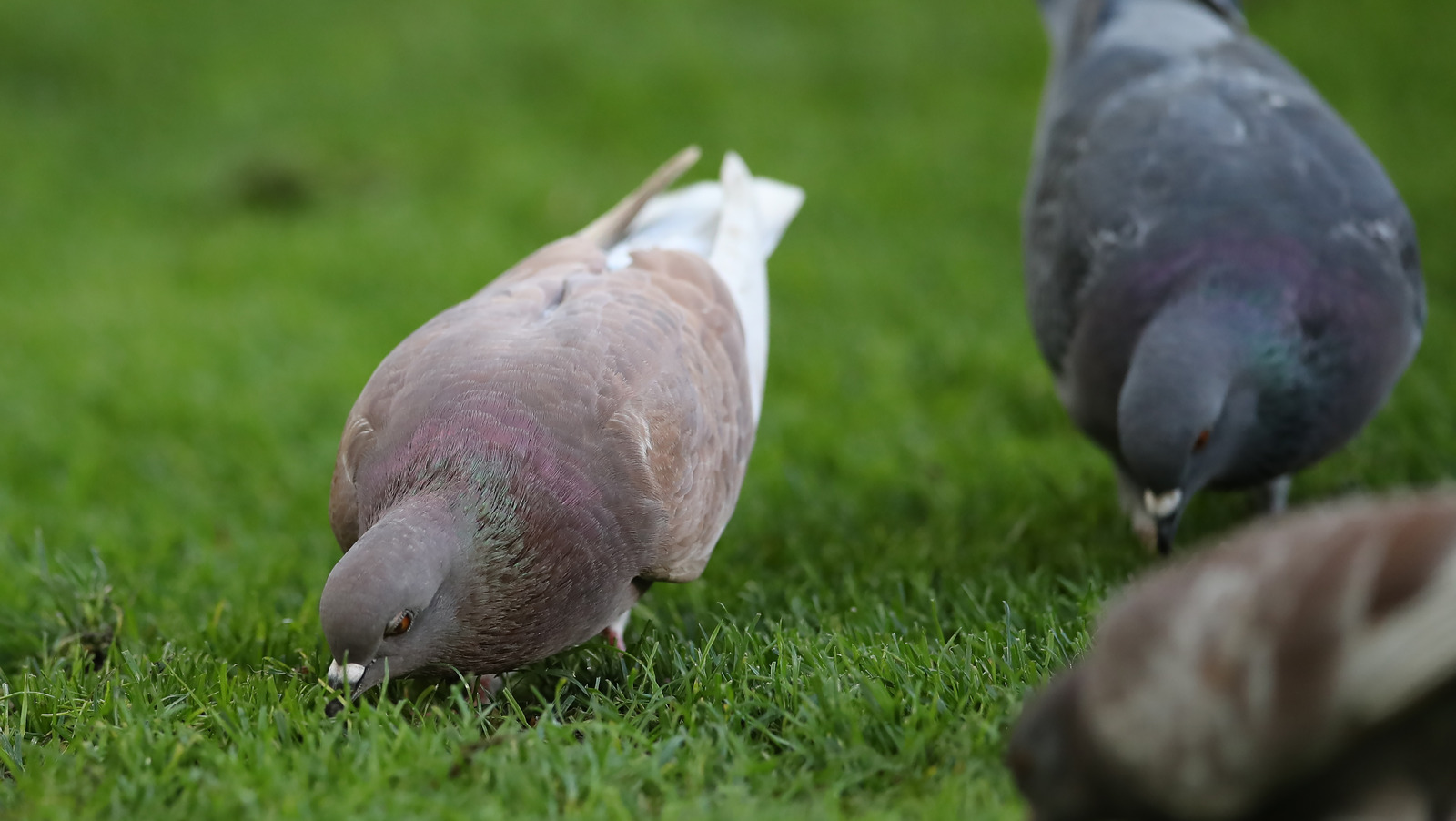
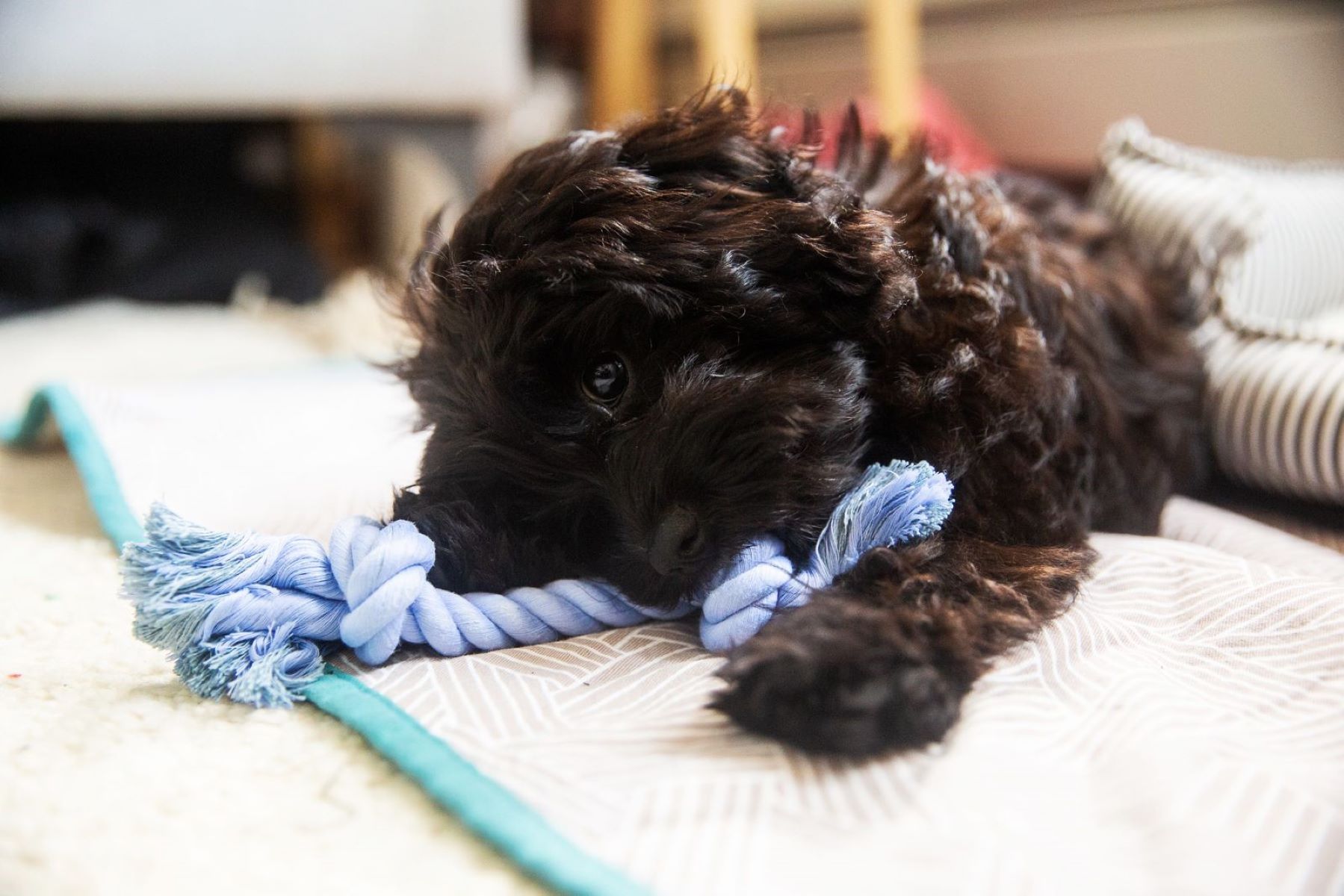
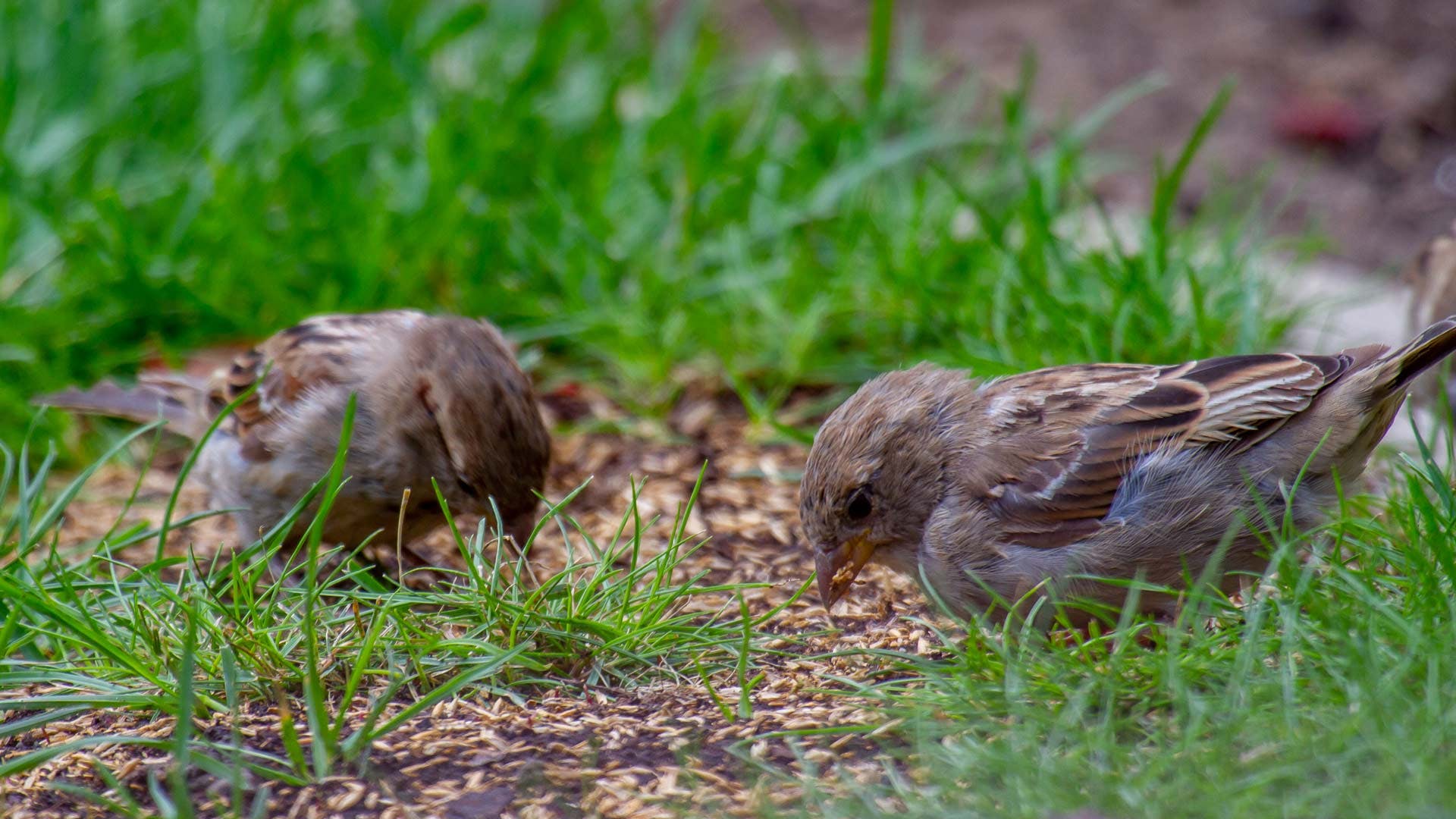
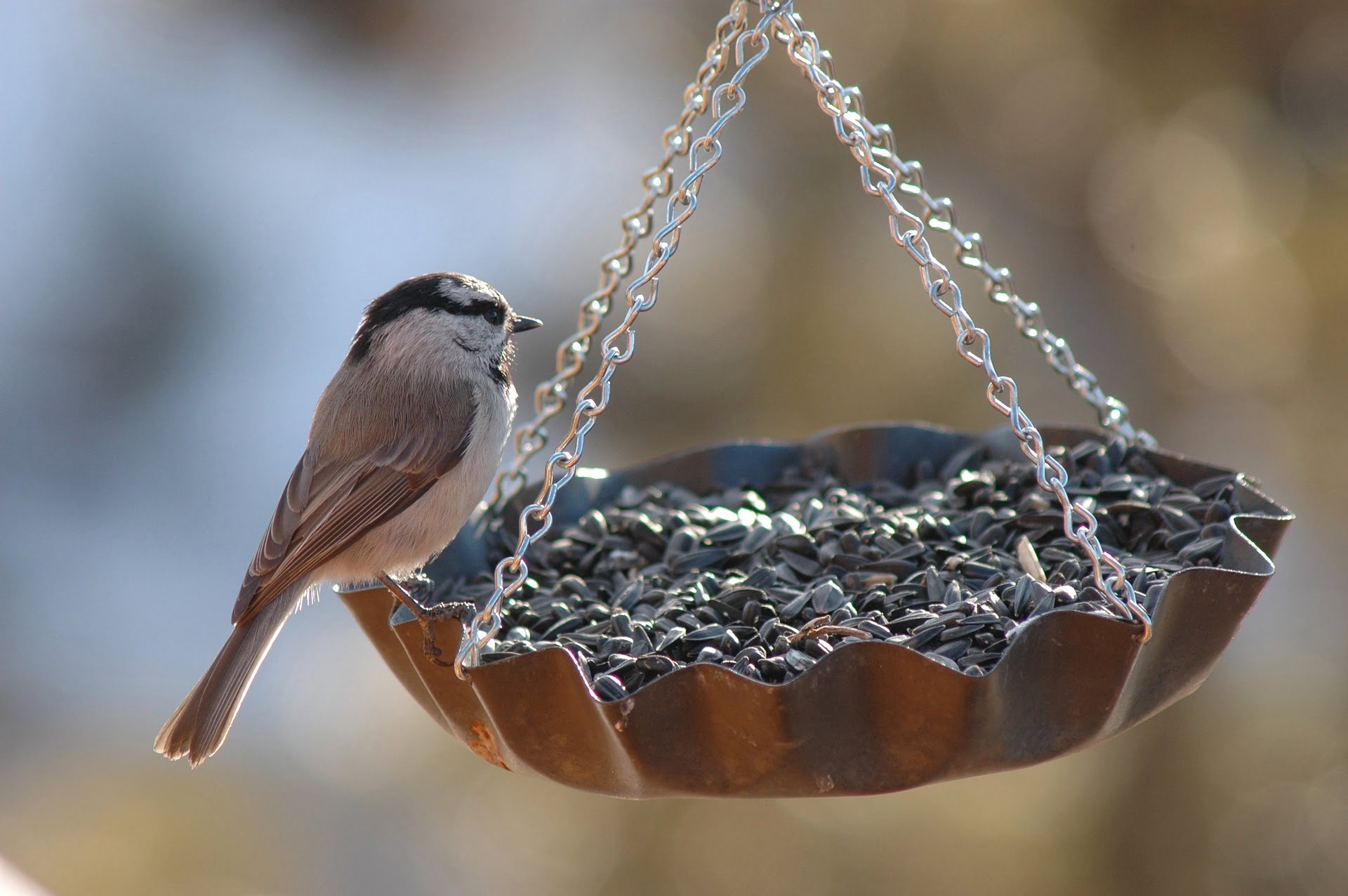
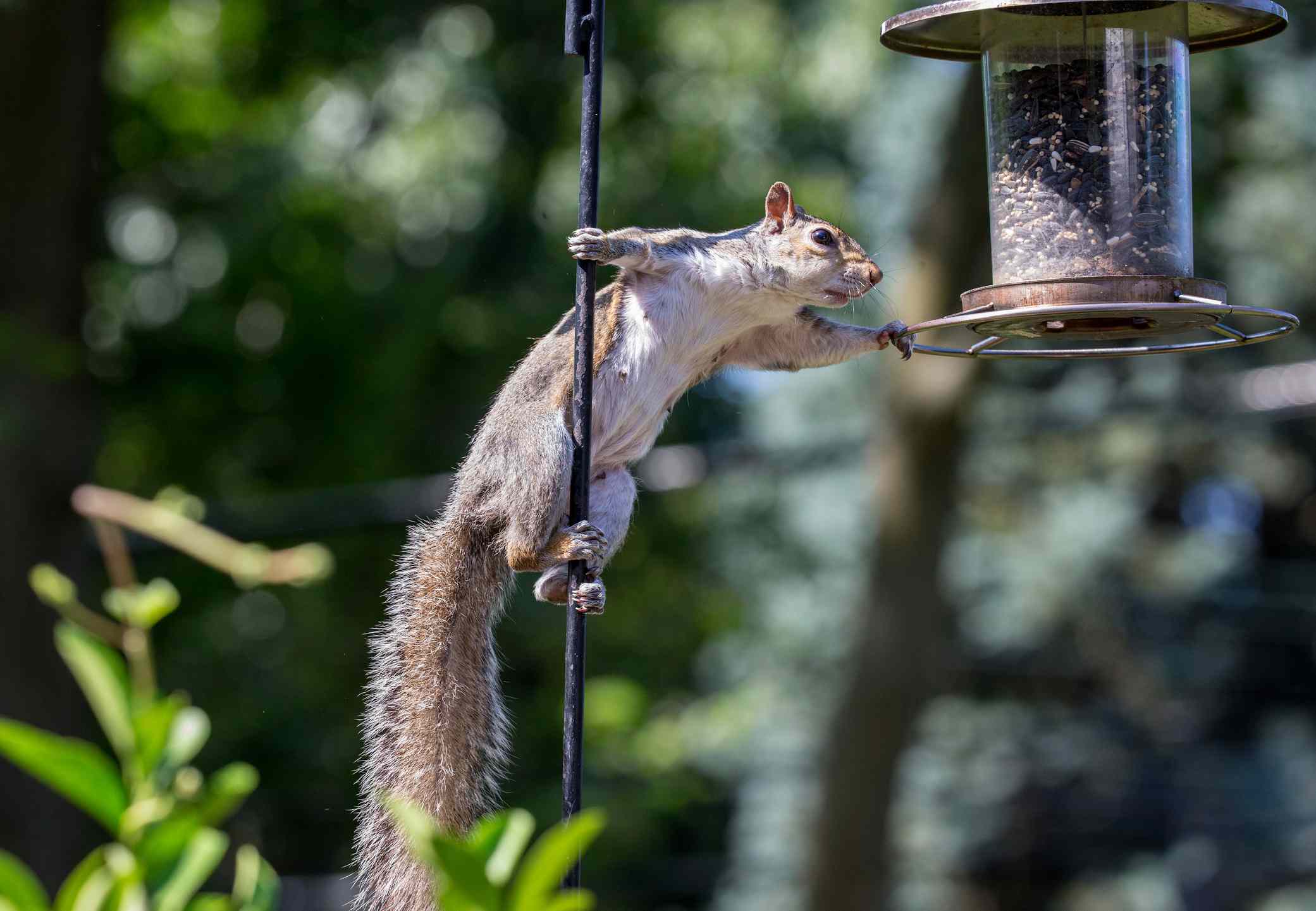
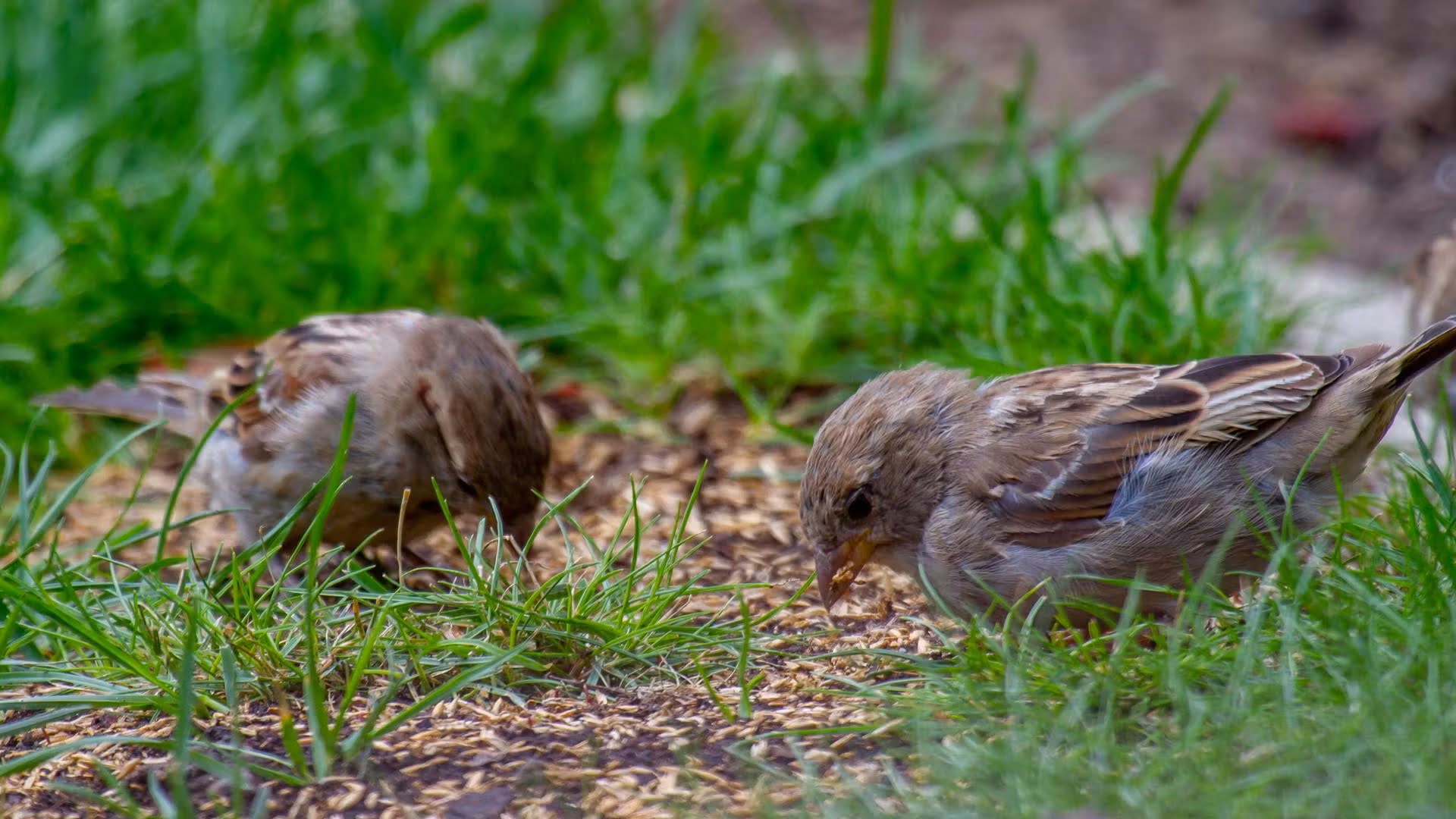

0 thoughts on “What To Do If Dog Eats Bird Seed”